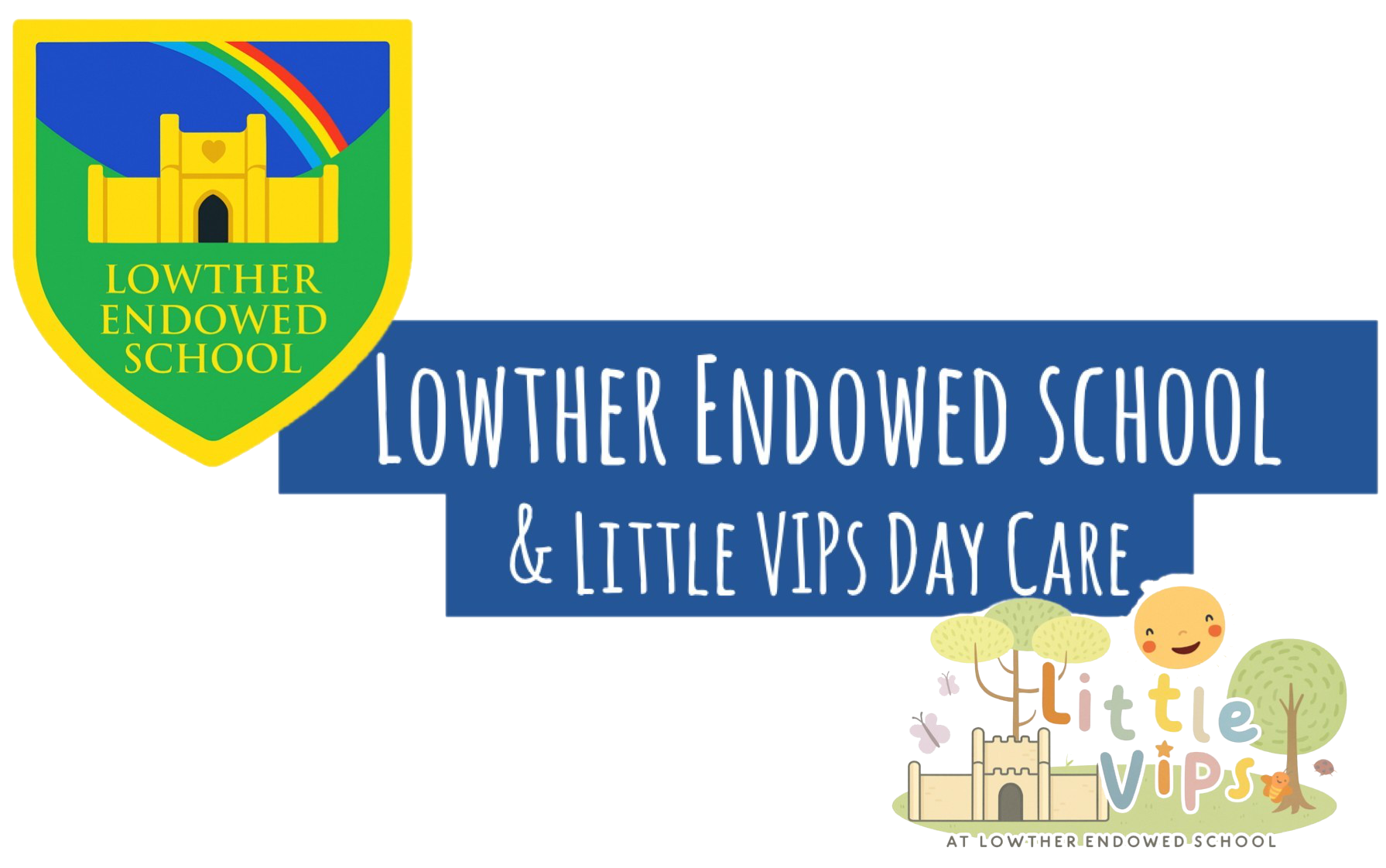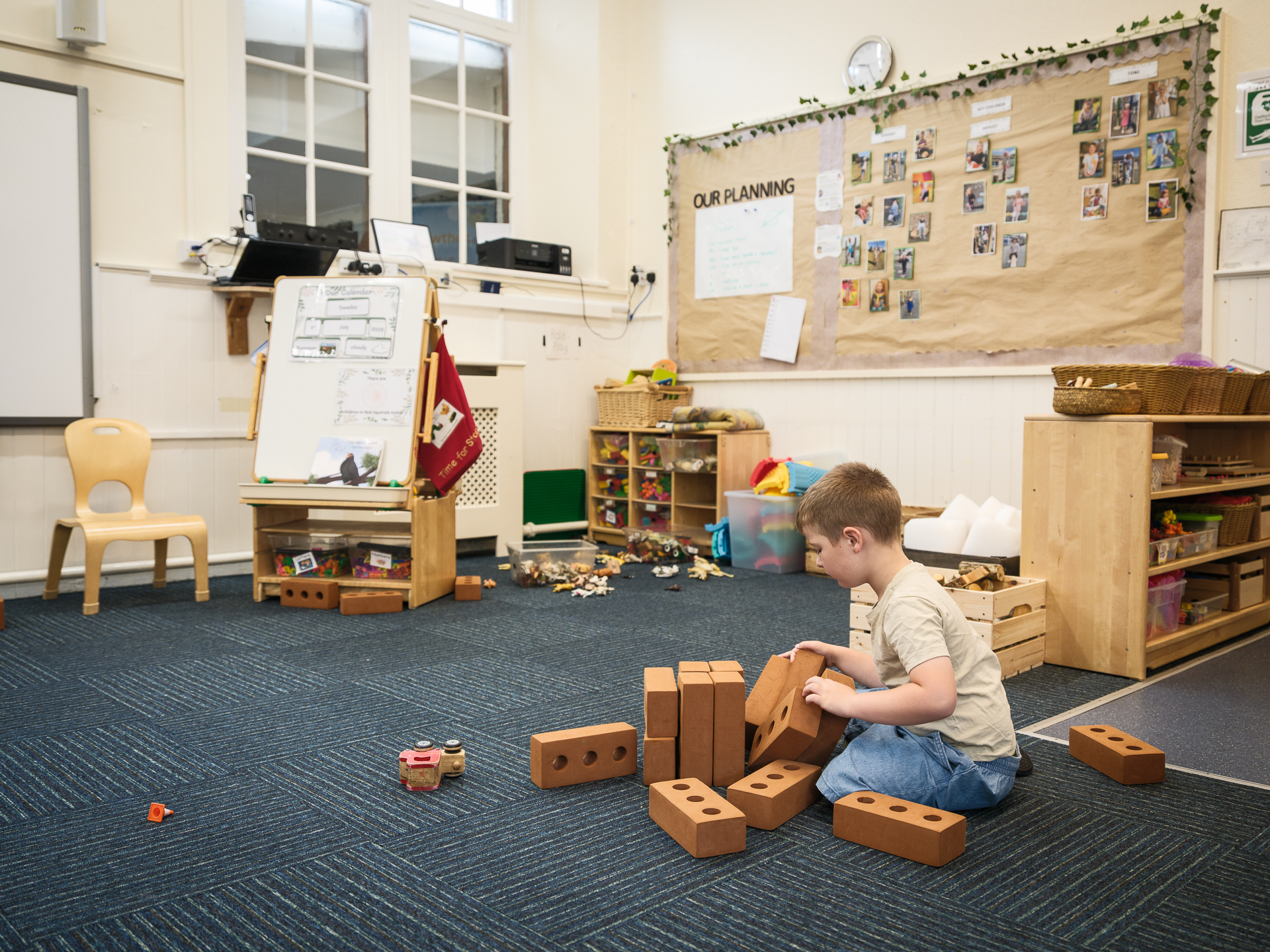French
At Lowther Endowed School, we believe that learning a foreign language is an essential part of a broad and balanced curriculum. It opens doors to the wider world, promotes curiosity, and helps children develop confidence in communication. Through our teaching of French, we aim to give pupils not only the basic linguistic skills needed for further study but also a deeper understanding and appreciation of different cultures. We want all pupils to leave our school with a positive attitude towards language learning and the belief that they can succeed in it.
Intent
Our French curriculum is designed to foster enjoyment, curiosity, and confidence in language learning. We aim for all pupils to:
-
Develop basic communication skills in listening, speaking, reading, and writing in French.
-
Build a secure foundation of key vocabulary and simple grammatical structures.
-
Understand and appreciate aspects of life and culture in French-speaking countries.
-
Recognise the value of learning other languages in a connected, multicultural world.
-
Be well-prepared for continuing language learning in secondary school and beyond.
Implementation
-
French is taught across Key Stage 2 using a well-sequenced scheme of work aligned with the National Curriculum.
-
Lessons are engaging and interactive, including songs, role play, stories, games, and digital tools to make learning enjoyable and memorable.
-
Each unit builds on the last, gradually introducing and reinforcing core vocabulary, pronunciation, and grammar.
-
Pupils are taught to listen, understand, speak, read, and write in French, with increasing complexity as they progress through the key stage.
-
Teachers model pronunciation and provide opportunities for pupils to practise speaking in full sentences.
-
The curriculum includes cultural learning, allowing pupils to explore celebrations, traditions, and lifestyles in France and other Francophone countries.
-
Enrichment activities such as French-themed days, cross-curricular links, and language games help raise the profile and enjoyment of French across the school.
Impact
As a result of our French curriculum:
-
Pupils develop increasing confidence and competence in using spoken and written French.
-
Children enjoy learning French and demonstrate positive attitudes and enthusiasm for language learning.
-
Pupils are able to use key vocabulary and phrases to communicate ideas on familiar topics.
-
They begin to understand basic grammatical features such as gender, verb agreement, and sentence structure.
-
Children show a growing awareness of other cultures and can make comparisons with their own lives.
-
By the end of Key Stage 2, pupils are well-prepared for the next stage of language learning and understand the value of communication in a global society.
Cultural Capital in French
At Lowther Endowed School, we believe that learning a modern foreign language significantly contributes to pupils’ cultural capital by expanding their horizons and helping them understand the wider world. Through French, children are introduced not only to a new language, but also to new ways of thinking, communicating, and living.
Our curriculum ensures that pupils:
-
Gain insight into the traditions, customs, and daily life of people in French-speaking countries.
-
Explore celebrations, festivals, food, geography, and history, fostering respect and appreciation for cultural diversity.
-
Make meaningful comparisons between their own culture and others, developing tolerance, empathy, and global awareness.
-
Access a broad range of authentic texts, songs, and media, enhancing their understanding of language in real-world contexts.
-
Understand the relevance of language learning in travel, careers, and international communication, helping them to see themselves as global citizens.
By embedding cultural knowledge within French lessons, we help children to see language learning not just as a skill, but as a window into the wider world, enriching their education and shaping their worldview.


